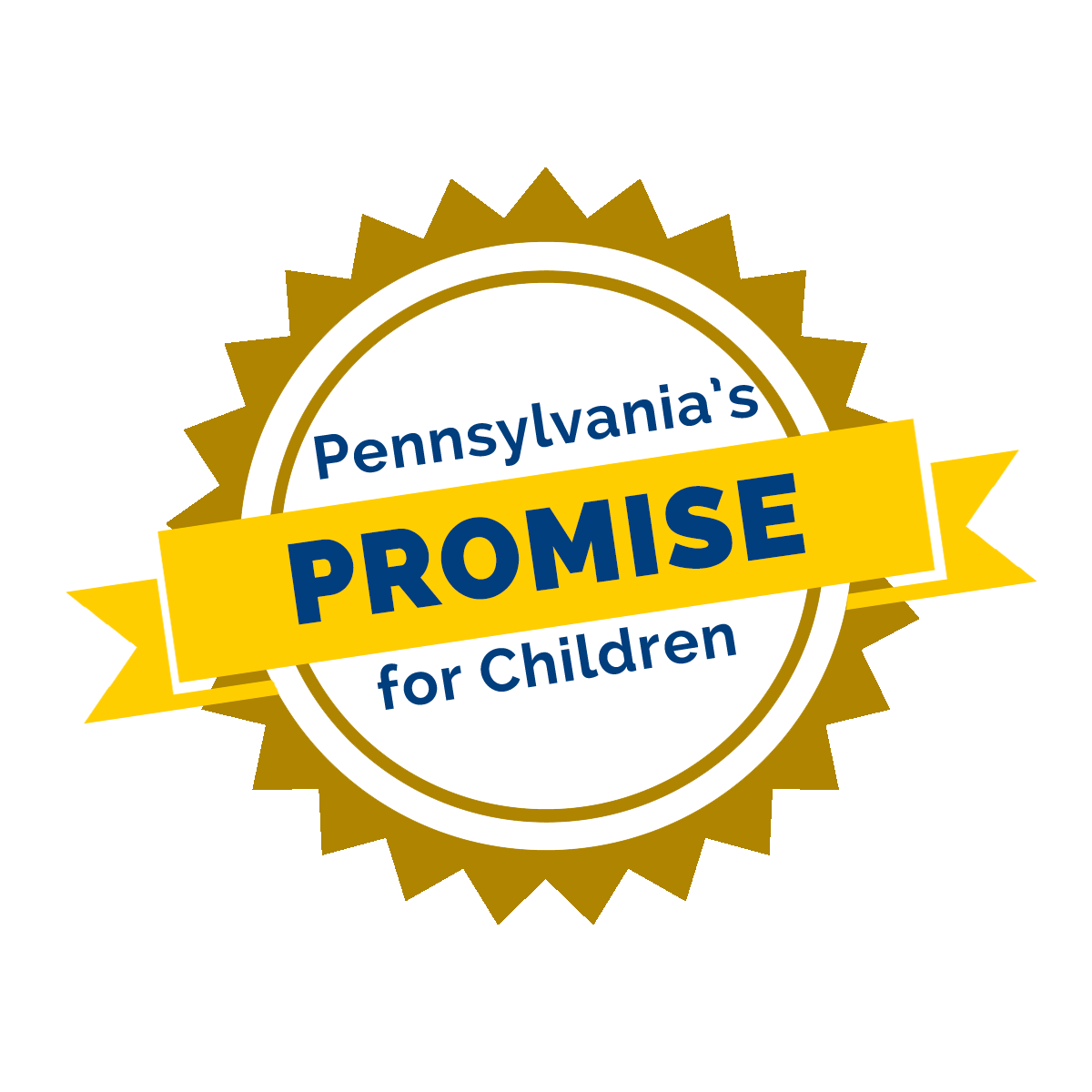
Spanking a child may increase aggression in a child, and may actually do long term harm to a child, says a study by the American Academy of Pediatrics (AAP).
The AAP released an updated policy statement about the harmful effects spanking can have on children. The use of spanking is also ineffective in teaching a child responsibility and self-control. Evidence shows it may actually cause harm by impacting a child’s normal brain development.
Research has shown that striking a child, yelling at or shaming them can elevate stress hormones and lead to changes to a child’s brain. Harsh verbal abuse is also linked to mental health problems as children get older.
There are other methods to teach children right from wrong that are safer and more effective. Depending on the age and development of a child, other methods may include:
- redirecting their attention
- distraction
- changing the subject
- positive reinforcement
- time out and
- natural consequences.
Resources
Check out these resources for families for more information or assistance in your role as a parent, or watch the video below.
- Eight Practical Tips for Parents of Young Children with Challenging Behavior (Technical Assistance Center on Social Emotional Intervention for Young Children)
- Information for Parents: Discipline (Parenting Counts)
- With and Shark Music (Circle of Security International)
- Steps for Brain-Building Serve and Return (Center on the Developing Child)
- Pennsylvania Family Support Alliance
Contact your Early Learning Resource Center for more information about these programs and others in your community.
- Pennsylvania’s Family Centers provide community services to help families become healthier, better educated and self-sufficient. Family Centers help families engage in parent education and child development activities.
- Family Check-Up for families with young children is designed to help parents address challenges that arise with young children before these concerns become more serious or problematic.
- Healthy Families America is a nationally recognized evidence-based home visiting program model designed to work with overburdened families who are at-risk for adverse childhood experiences, including child maltreatment.
- Nurse-Family Partnership helps low-income, first-time parents experience healthy pregnancies, promotes early literacy and encourages school preparedness by helping mothers learn how to foster healthy child development.
- Parents As Teachers provides home visits with trained experts who educate parents on how to become the first and most important teacher in their child’s life.
